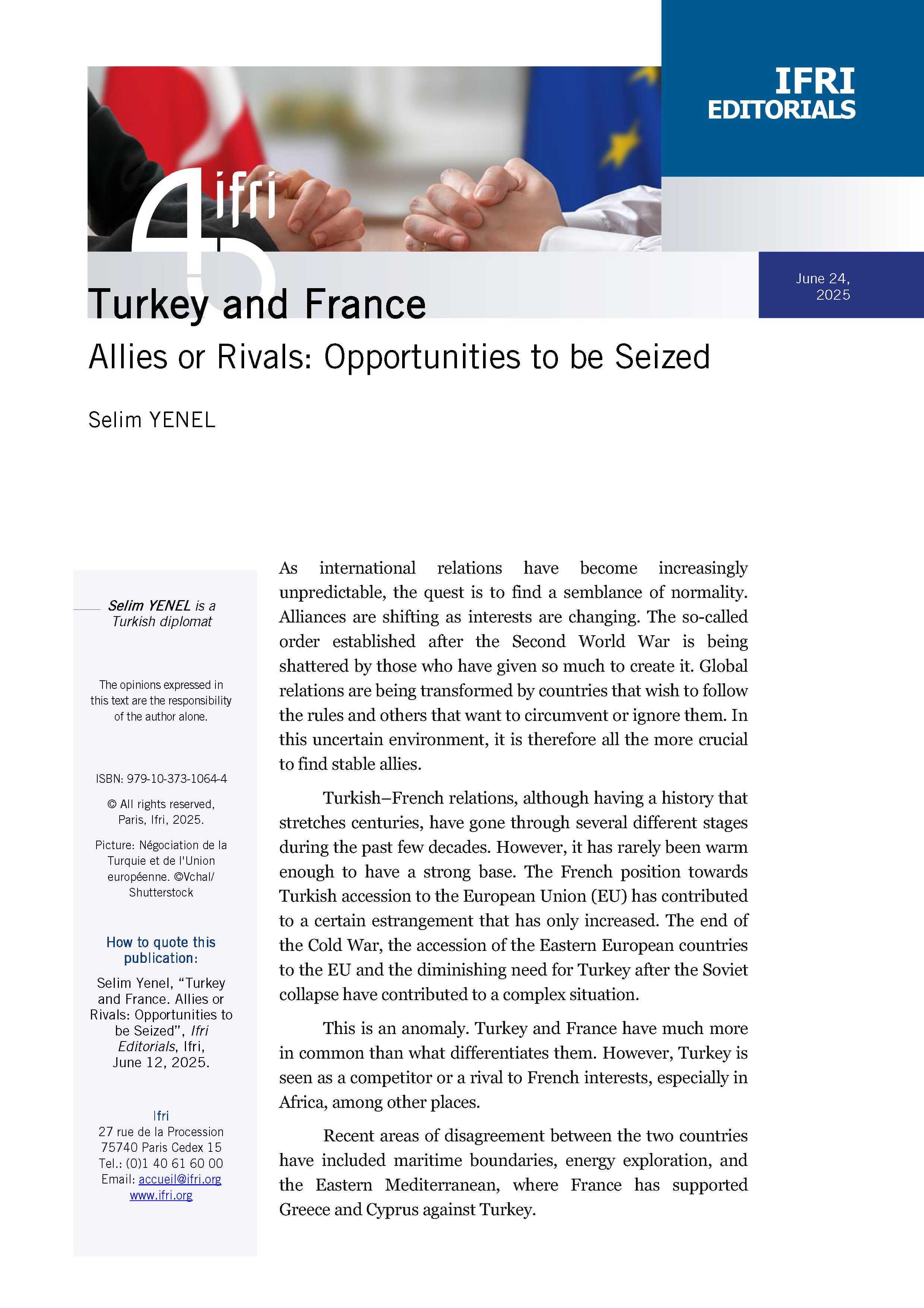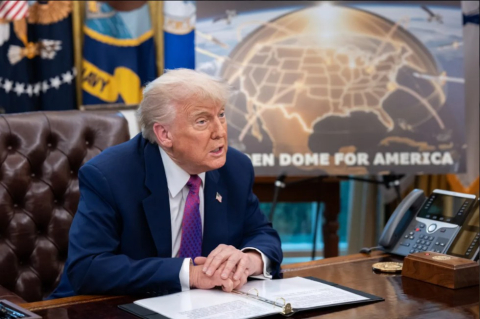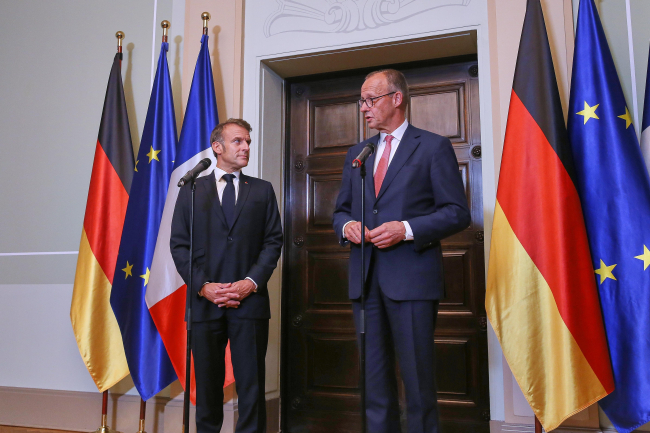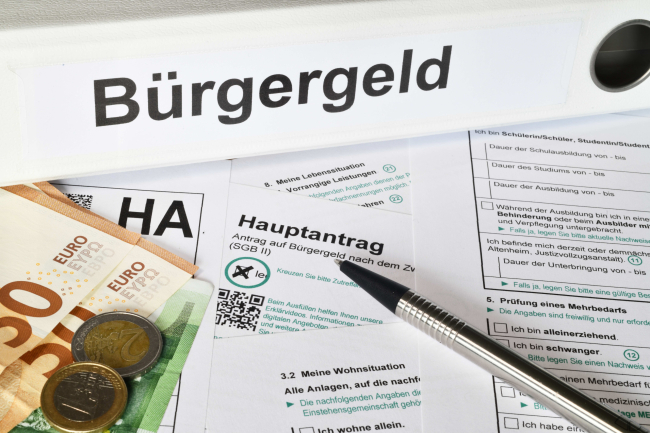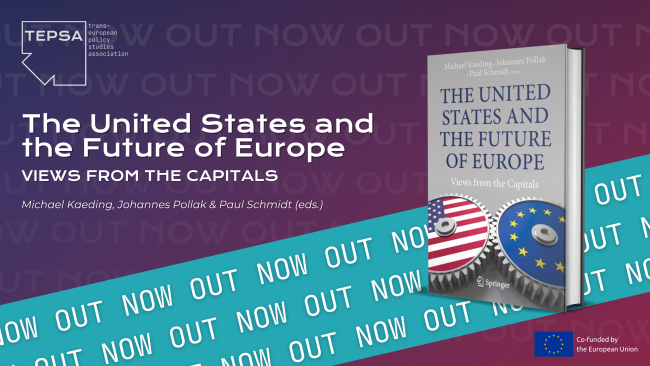German-Russian Relations: Balance Sheet since 2000 and Perspectives until 2025
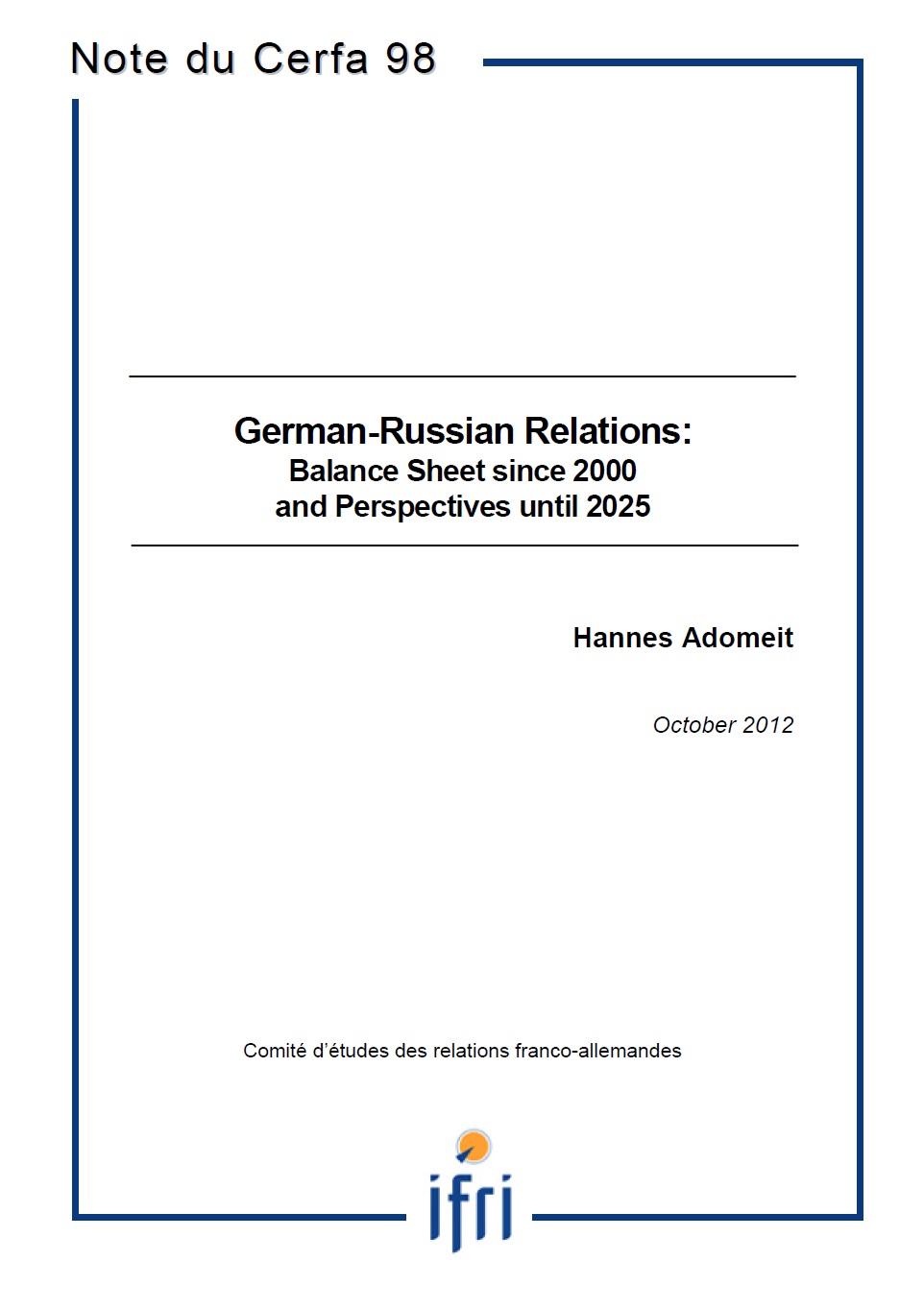
The relationship between Germany and Russia, according to official portrayals in Berlin, is one of ‘strategic partnership’ supplemented by ‘modernisation partnership’. The closeness and at times demonstrative cordiality of the relations have given rise to suspicion about Germany being an advocate of Russian interests in Europe for the benefit of its economy but at the expense of Europe’s trans-Atlantic links.
In particular, concerns have been expressed that Berlin was neglecting the interests of the smaller Eastern and East-Central European states, including those of the Baltic countries. Germany’s Russia policies have also been criticised on the grounds that Berlin had ignored the more authoritarian direction Russian domestic politics and the more assertive stance the country has adopted in foreign policy under Putin, placing narrow German economic interests first and rating European values second. However, such perceptions are to some extent at least outdated. The ‘special relationship’ is no longer so special. Disappointment and frustration have increasingly affected the relations. With Putin back in office as president and with his foreign policy resuming its assertive Great Power character, disaffection, alienation and competition rather than amicable partnership are likely to characterize future relations.
Hannes Adomeit is currently teaching at the European Interdisciplinary Studies Department of Natolin (Warsaw). Until December 2007 he was Senior Research Associate at the Stiftung Wissenschaft und Politik (SWP) in Berlin, in charge of Russian Affairs. He was also Professor for International Politics and Director of the Program on Russia and East-Central Europe at the Fletcher School of Law and Diplomacy in Boston and Fellow at the Harvard Russian Research Center.

Available in:
Regions and themes
ISBN / ISSN
Share
Download the full analysis
This page contains only a summary of our work. If you would like to have access to all the information from our research on the subject, you can download the full version in PDF format.
German-Russian Relations: Balance Sheet since 2000 and Perspectives until 2025
Related centers and programs
Discover our other research centers and programsFind out more
Discover all our analysesA Franco-German “Reset”? The Ambitions of the Franco-German Council of Ministers. Challenges of Joint Leadership in Europe
As a Catholic from the Rhineland, Friedrich Merz is heir to the CDU’s Franco-German policy, from Konrad Adenauer to Helmut Kohl and Wolfgang Schäuble. While Franco-German rhetoric and reflexes are deeply ingrained in him, their results must nevertheless be put into perspective.
Social Policies in Germany. Assessment of the “Traffic Light” Coalition and Prospects for the New Government
Notes du Cerfa, No. 188, Ifri, July 2025 — The defeat of the “traffic light” governing coalition in the snap parliamentary elections of February 2025 calls for an initial – necessarily selective – assessment of the social policies implemented during its term.
The “Huawei Saga” in Europe Revisited: German Lessons for the Rollout of 6G
While the European Union attempted to coordinate a collective response through its 5G Toolbox in Europe’s 5G infrastructure, member states diverged significantly in balancing political, economic, and technological considerations. Germany, despite its economic ties to China and status as Europe’s largest telecom market, only reached a tentative agreement in July 2024—one that appears largely symbolic.
France, the U.S. Oldest and Most Complicated Ally: A Stubborn Defender of a Truly European Industrial and Defence Policy
France, the U.S.’ oldest ally, is also the EU country which most stubbornly defends genuinely European industrial and defence policies. It calls for ‘strategic autonomy’ in all political domains, a position increasingly difficult to hold against a hardening international climate.


